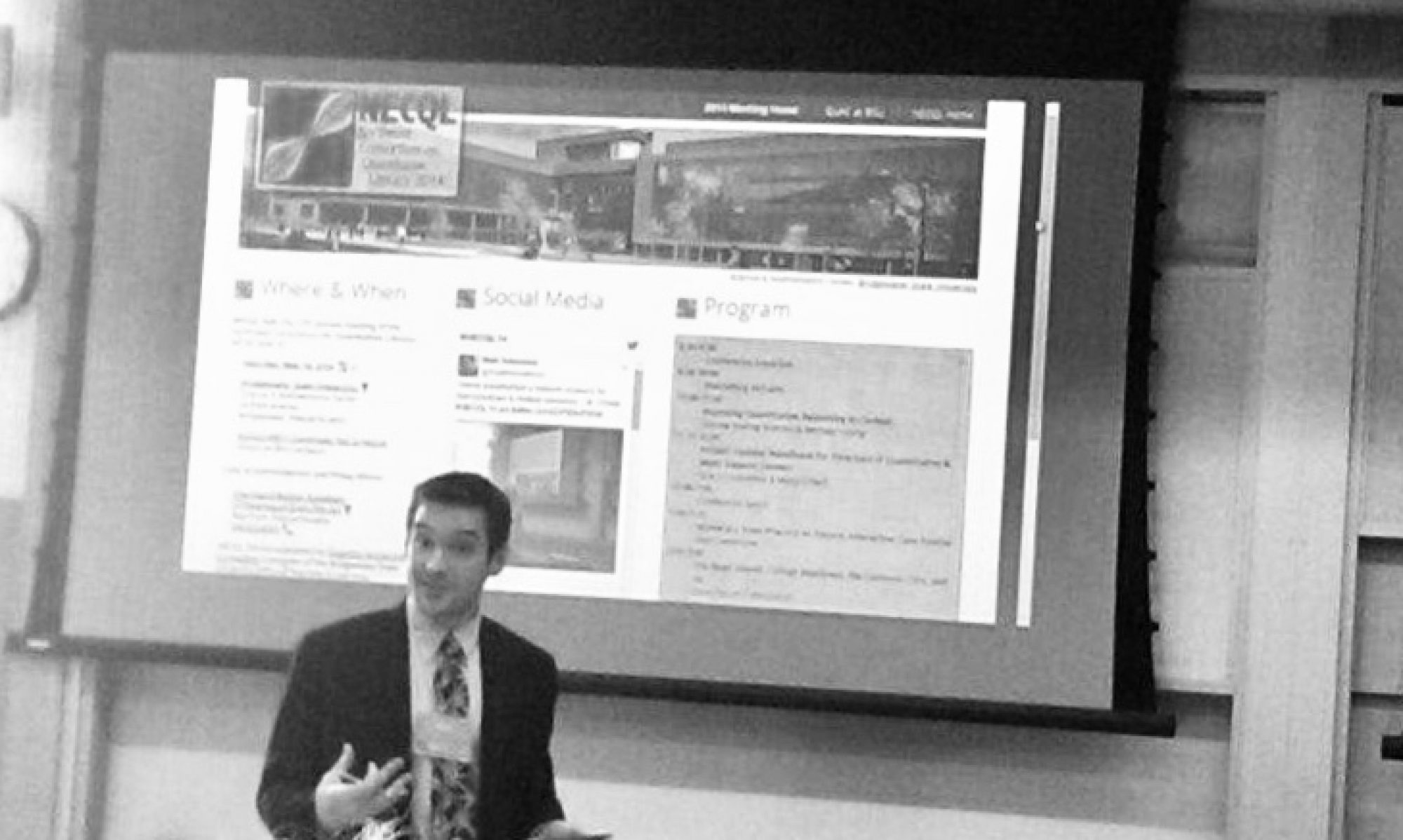This week’s New England meeting of the Transforming Postsecondary Education in Math group (TPSE Math) was fascinating – and the most fascinating part of all is the mere fact of this organization’s existence, its illustrious leadership, and its ambition. Coming as it has on the heels of such clarion calls to action as the 2012 PCAST commission report,
[I]ntroductory mathematics courses often leave students with the impression that all STEM fields are dull and unimaginative…
the National Research Council’s 2013 report Mathematical Sciences in 2025,
The role of the mathematical sciences in science, engineering, medicine, finance, social science, and society at large has changed enormously, at a pace that challenges the university mathematical sciences curriculum.
and MAA’s 2015 curriculum guide revision,
The purpose of this Guide is to help departments adapt their undergraduate curricula to this changing landscape while maintaining the essential components of the traditional mathematics major.
I suppose it should have come as little surprise that the most serious of mathematicians are now taking the most serious of looks at the most serious crisis of relevance in the traditional curriculum of the mathematics major. Today’s world and workforce needs mathematics more than ever. But not more of the same.
The new demand for mathematical skills is not uniformly distributed across the discipline, and the urgency of today’s applications of mathematics means we may be rapidly losing the luxury as a field of privileging the purified practice of the subject in hopes that the next generation might discover a use for it. The need stands unmet, right now, for college graduates with strong analytical problem-solving skills who also have meaningful experience bringing those skills to bear in the messy, usually ill-defined, and broadly interdisciplinary contexts in which they matter most. The age of the unreasonable effectiveness of our theories is passing into a new age in which the application too are unreasonably effective, not only to drive engagement with the field but also to necessitate new developments in the theory itself.
That takes a heavy lift, affecting the experience of students — both those who would have been math majors anyway and those for whom new approaches are necessary before they can “find their ‘why'” in our courses and programs — from their first steps onto campus through their eventual transition from education to employment. TPSE’s four areas of focus are to support
- Lower-division pathways (LDPs) that address the developmental skill needs of incoming students in ways that also encourage them to continue their math studies;
- Upper-division pathways (UDPs) that provide “routes with relevance” leading math majors more seamlessly and successfully into postgraduate education and employment;
- Teaching, technology, and methodology to align pedagogical practices with the evolving curriculum and audience; and
- Review of graduate education not only to align its curricula and credentials but also to build capacity for graduate teaching assistants to act effectively within the contexts of changing undergraduate programs.
This week’s meeting targeted area two: upper-division pathways. The guiding question: What would it look like if we saw our major curriculum less as a grouping of courses and more as a purposeful progression of experiences that all students know is clearly pointing them in a coherent direction that extends far past graduation? What opportunities are waiting for us to capitalize upon as our institutions? As our field? And what will it cost – not only in resources but in our deeply-held traditions and unexamined assumptions about what it means to be a math major?
I’ll be processing some takeaways from the meeting here — not because I’m pretending to be a blogger but because they’re a bit too large to be tweets. And maybe a bit too radioactive! But if there’s one thing I most appreciated about the meeting, it was the license it granted, not always implicitly, to think “BIG” thoughts.aeczane.com/orjinal-beetox-turkiye/
